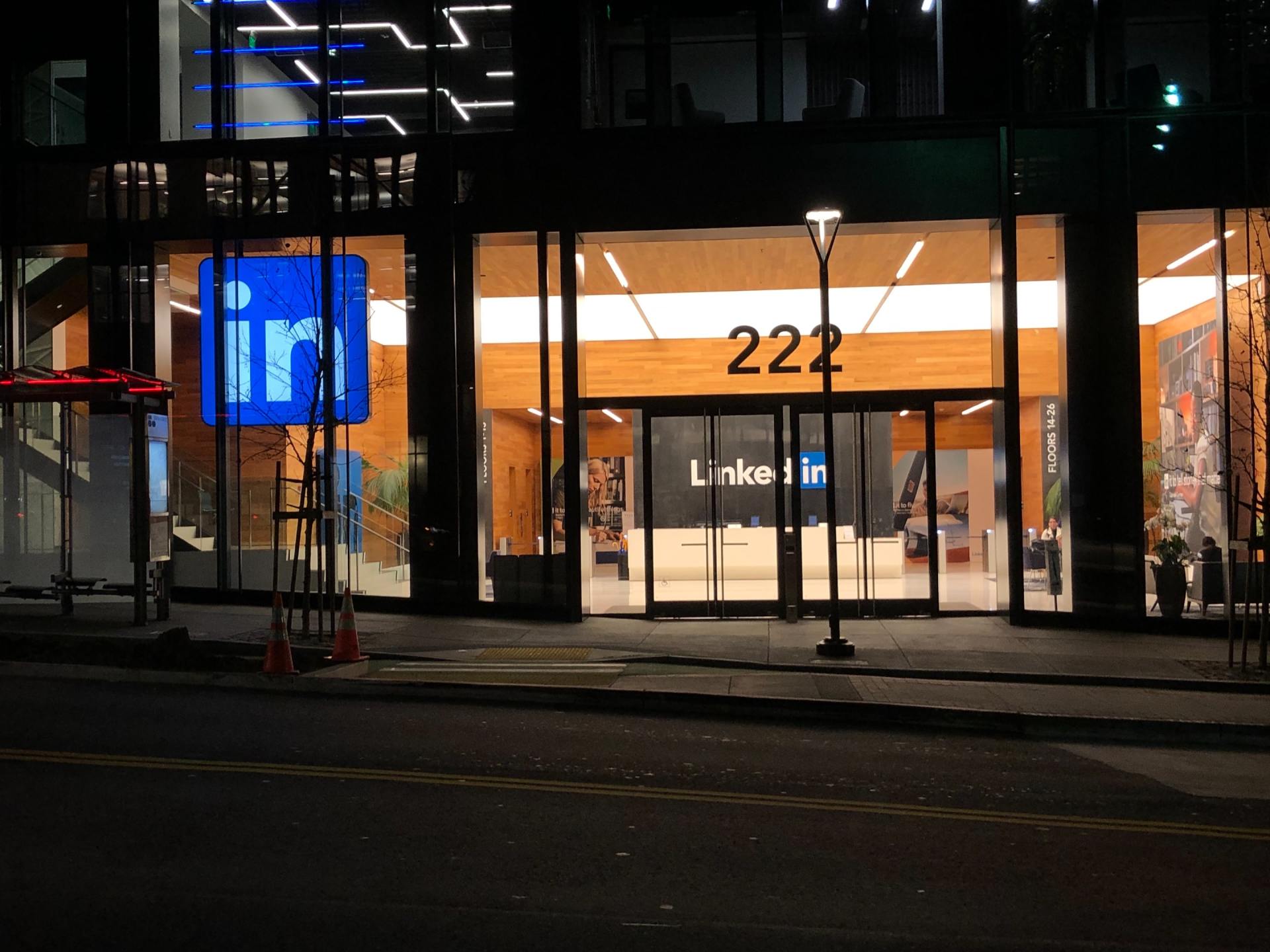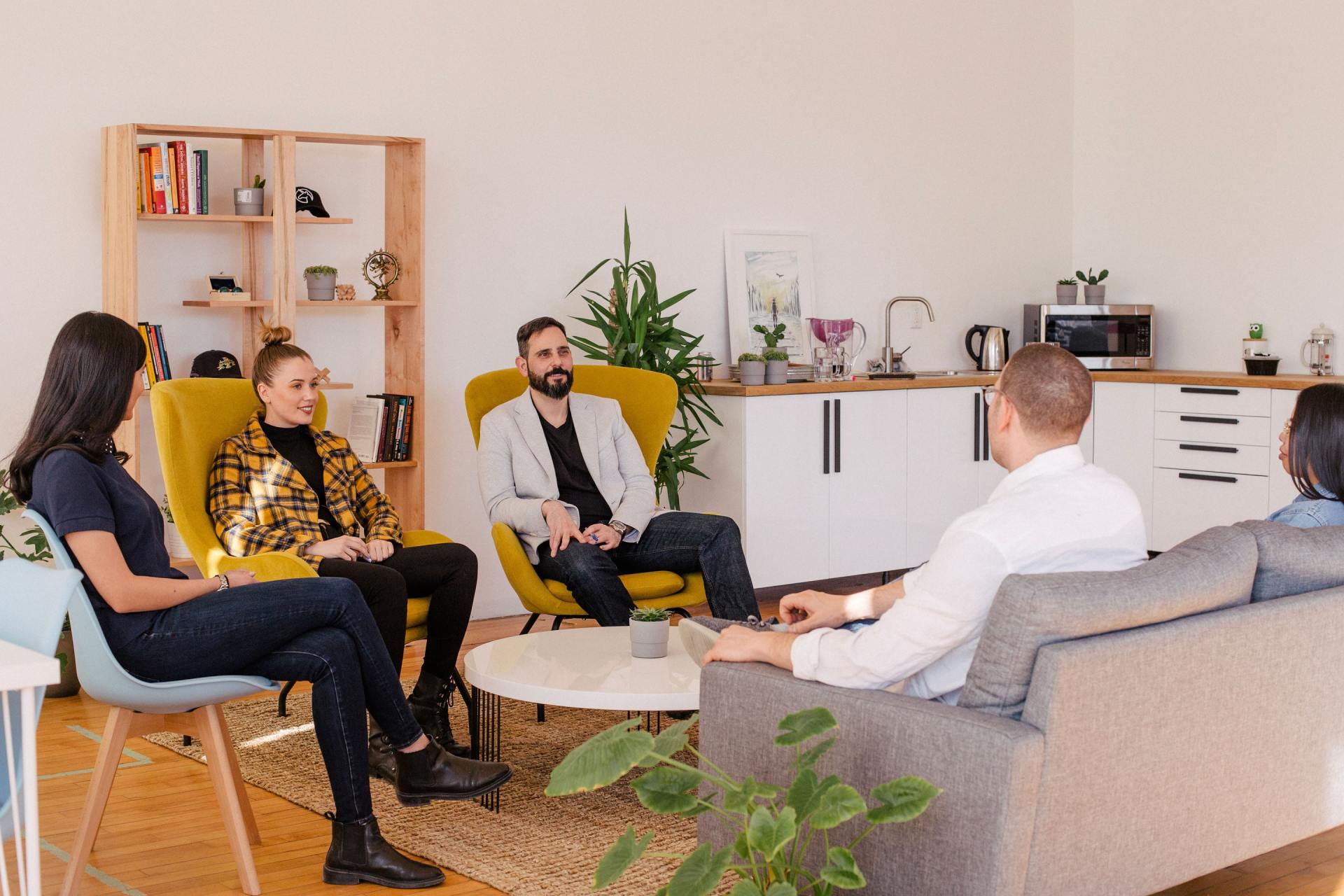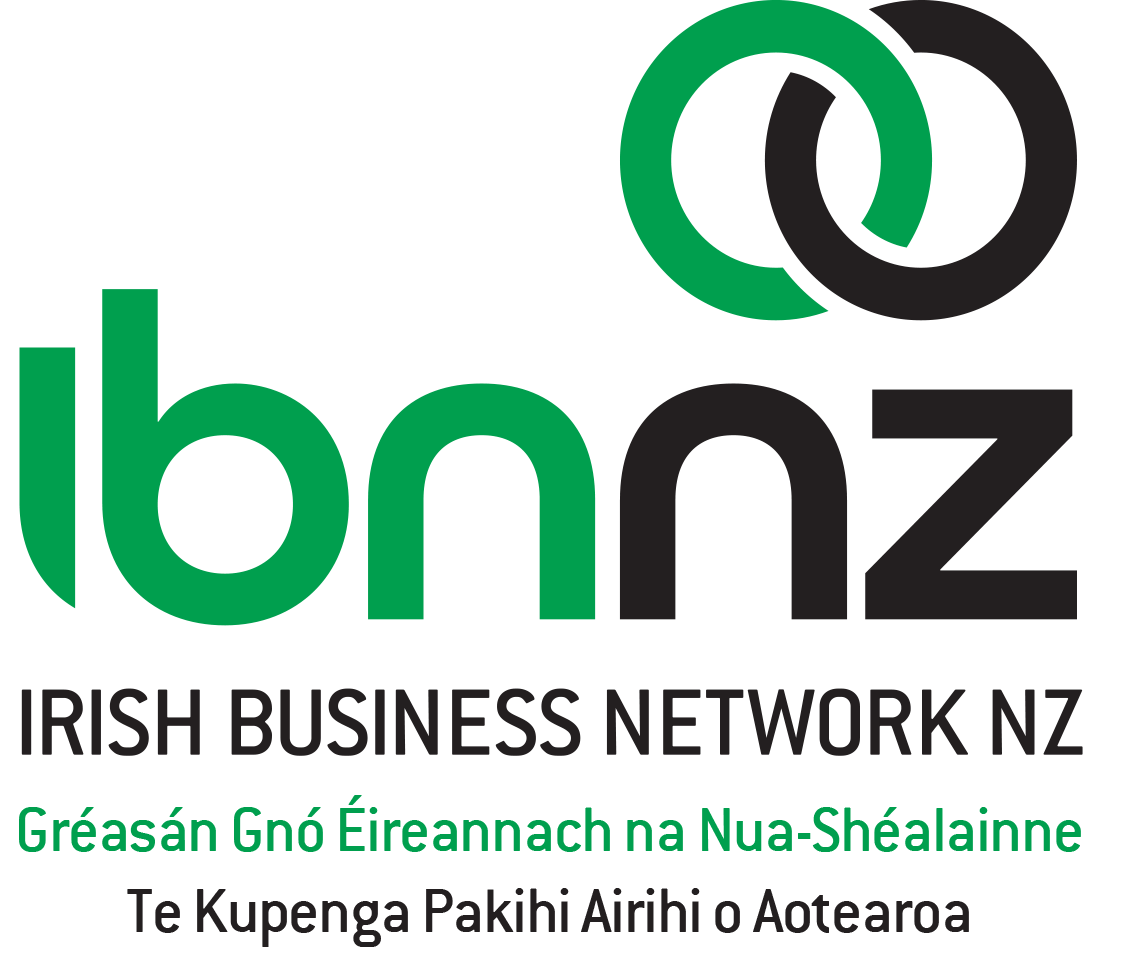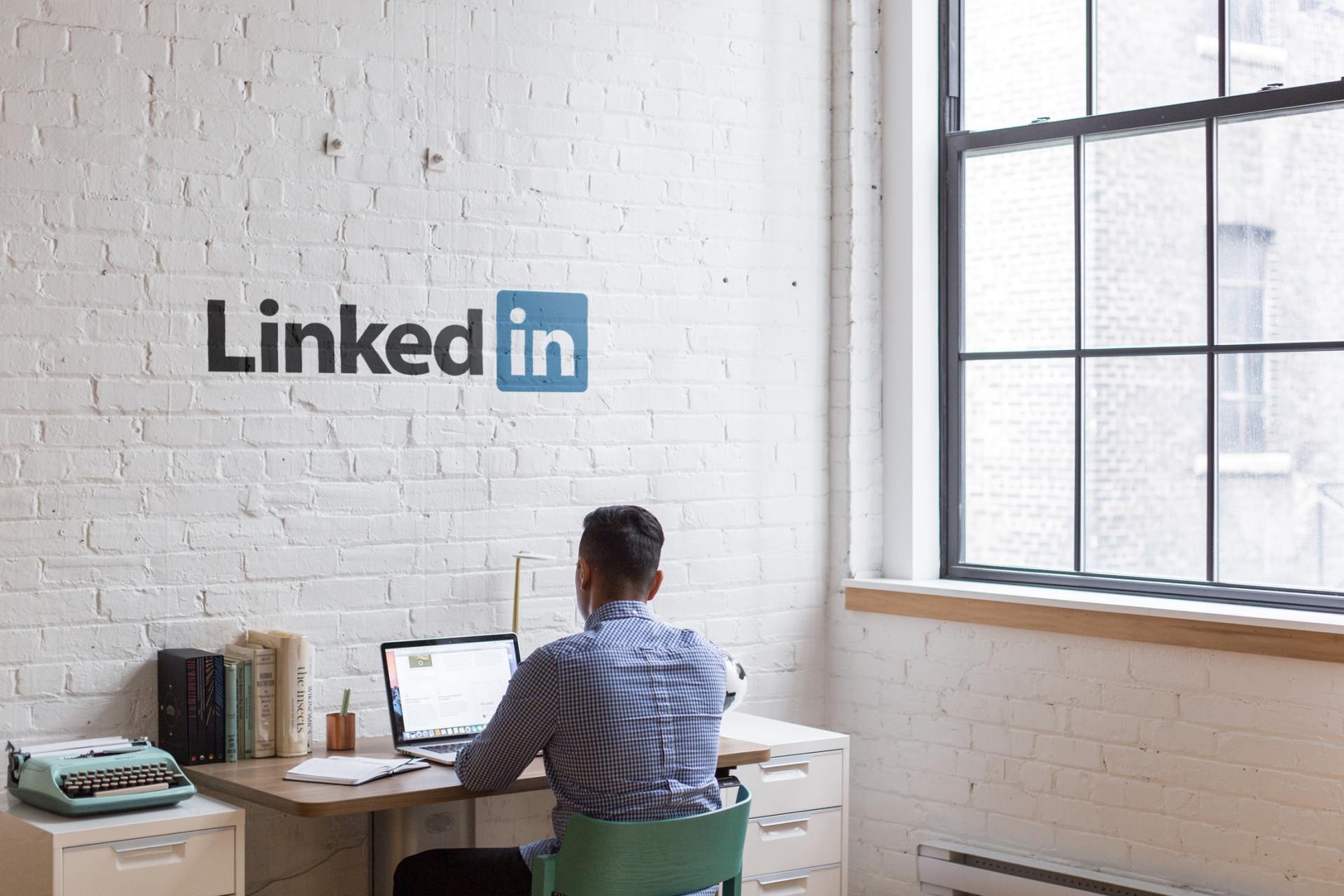Irish unemployment hits record 28%
Irish unemployment hits record 28%
Ireland’s unemployment rate shot up to 28.2% at the end of April including those receiving emergency jobless benefits due to the coronavirus pandemic, the highest rate on record and up from just 4.8% two months ago, the statistics office said on Friday.
Ireland introduced stay-home measures at the end of March, shutting down all but essential services such as supermarkets and petrol stations to slow the spread of the virus.
The government introduced a wage subsidy scheme on March 24, three days before the full lockdown but two weeks after it started gradually closing down the economy, so many companies had already begun laying off staff.
Dublin intends to ease the lockdown more gradually than many other European countries from May 18.
The new COVID-19 Adjusted Unemployment rate rose sharply from 15.5% in March after the number of people claiming the higher emergency payment more than doubled to 602,107, on top of a seasonally adjusted 216,900 on regular jobless benefits.
Excluding the pandemic payments, the jobless rate rose to 5.4% from 5.3% in March.
The highest previous jobless rate recorded since the series was first published 37 years ago was 17.3% in 1985. It hit a post-financial crisis high of 16% in 2012 when Ireland was midway through a three-year international bailout.





